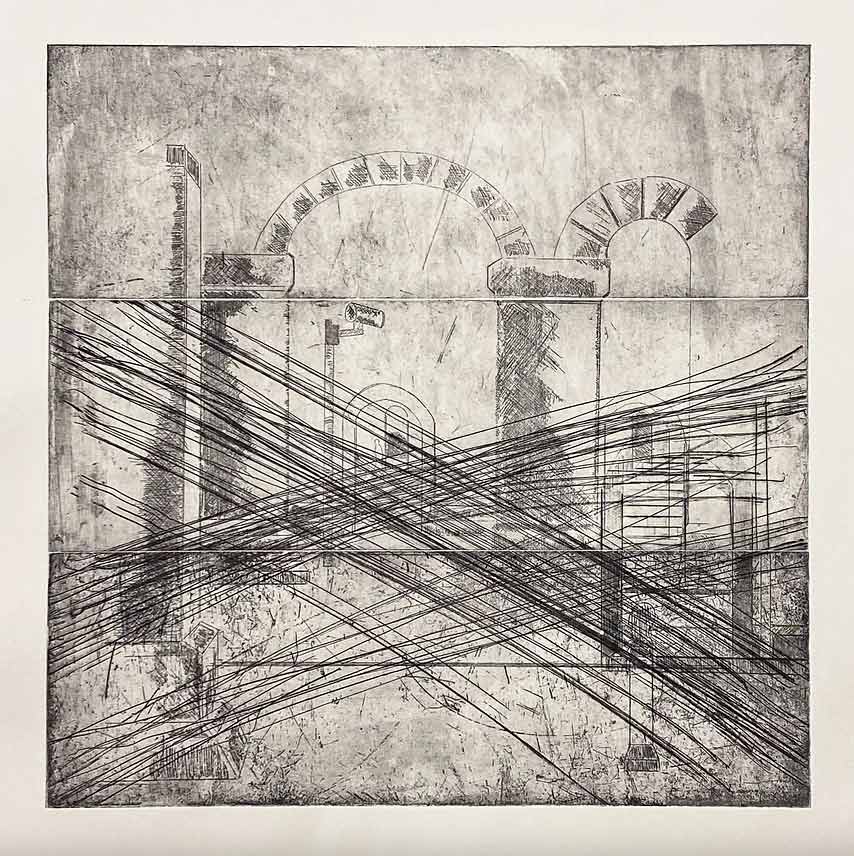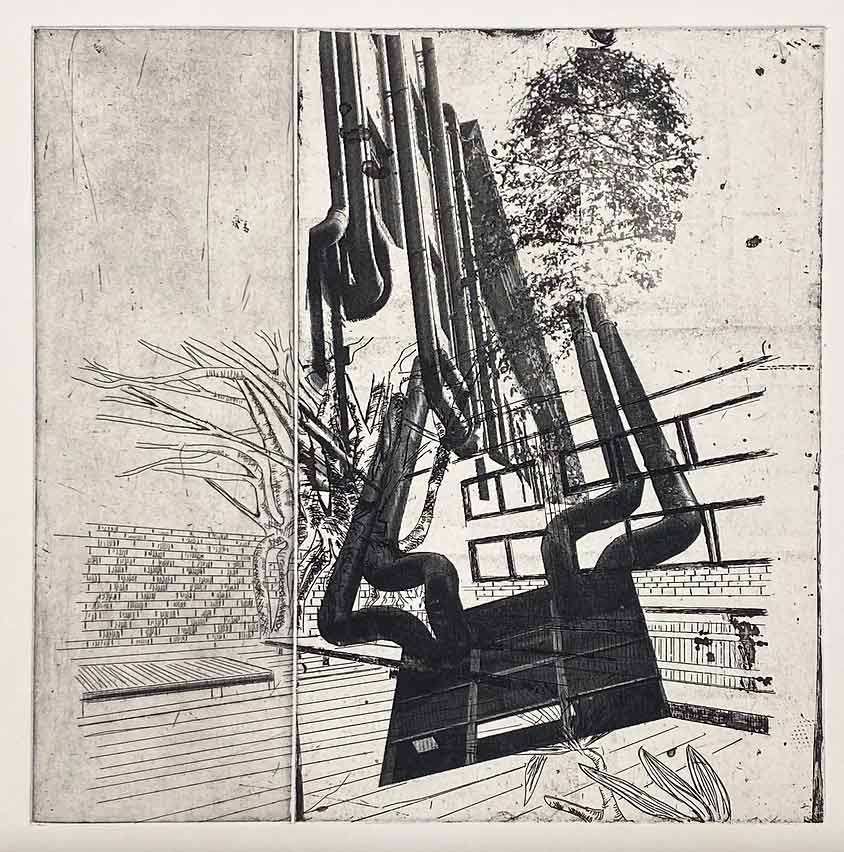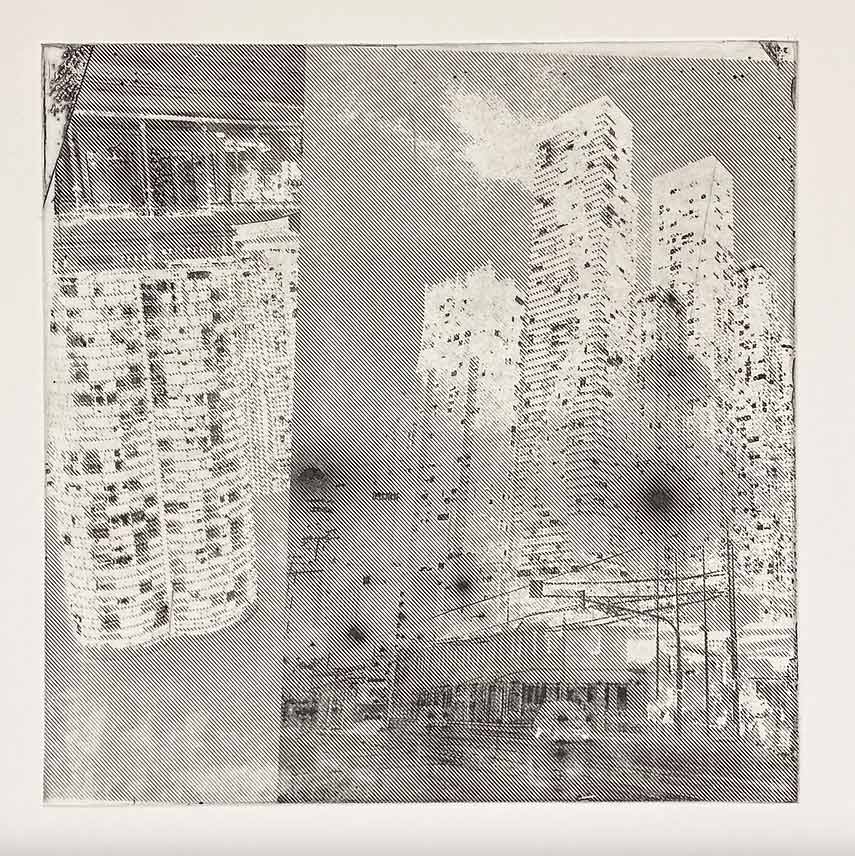Porosity of the Frame: Material Experiments on the Boundary between Art and Everyday Life
Project lead: Justas Pipinis

Project lead: Justas Pipinis

In this project, Justas Pipinis experiments with an open-ended artistic research strategy guided by tension arising from alternately reframing fragments of his environment as commonplace and art. Shifting reference frames confuse sensemaking, kindling new insights and artistic experiences.
This strategy entails paying close attention to framing devices used to distinguish art from non-art, manipulating them, and observing what is revealed when the resulting ambiguity is dealt with — whether by the artist-researcher himself or his materials, collaborators and audiences. It endeavours to generate perceptions that are not pre-configured by the idea of a knowledge gap within the contemporary paradigm but shaped by an aimless yet purposive engagement with assisted uncertainty. The underlying rationale is to explore epistemological possibilities to seek relevant answers when in doubt about the relevant questions.
Sound enters this study as a crucial counterbalance to the visual art tradition. Applying framing concepts from visual art to sonic art and vice versa prompts productive cross-considerations. How does sound frame and is framed? What do duration and progression mean for a piece of sculpture? How do field recordings of everyday sounds and casual photographic snapshots become artworks?
Carousel with three slides shown at a time. Use the Previous and Next buttons to navigate, or the slide dot buttons at the end to jump to slides.



To read the full image descriptions, please click on the individual image above.
*Image credit
Acknowledgement of Country
RMIT University acknowledges the people of the Woi wurrung and Boon wurrung language groups of the eastern Kulin Nation on whose unceded lands we conduct the business of the University. RMIT University respectfully acknowledges their Ancestors and Elders, past and present. RMIT also acknowledges the Traditional Custodians and their Ancestors of the lands and waters across Australia where we conduct our business - Artwork 'Sentient' by Hollie Johnson, Gunaikurnai and Monero Ngarigo.